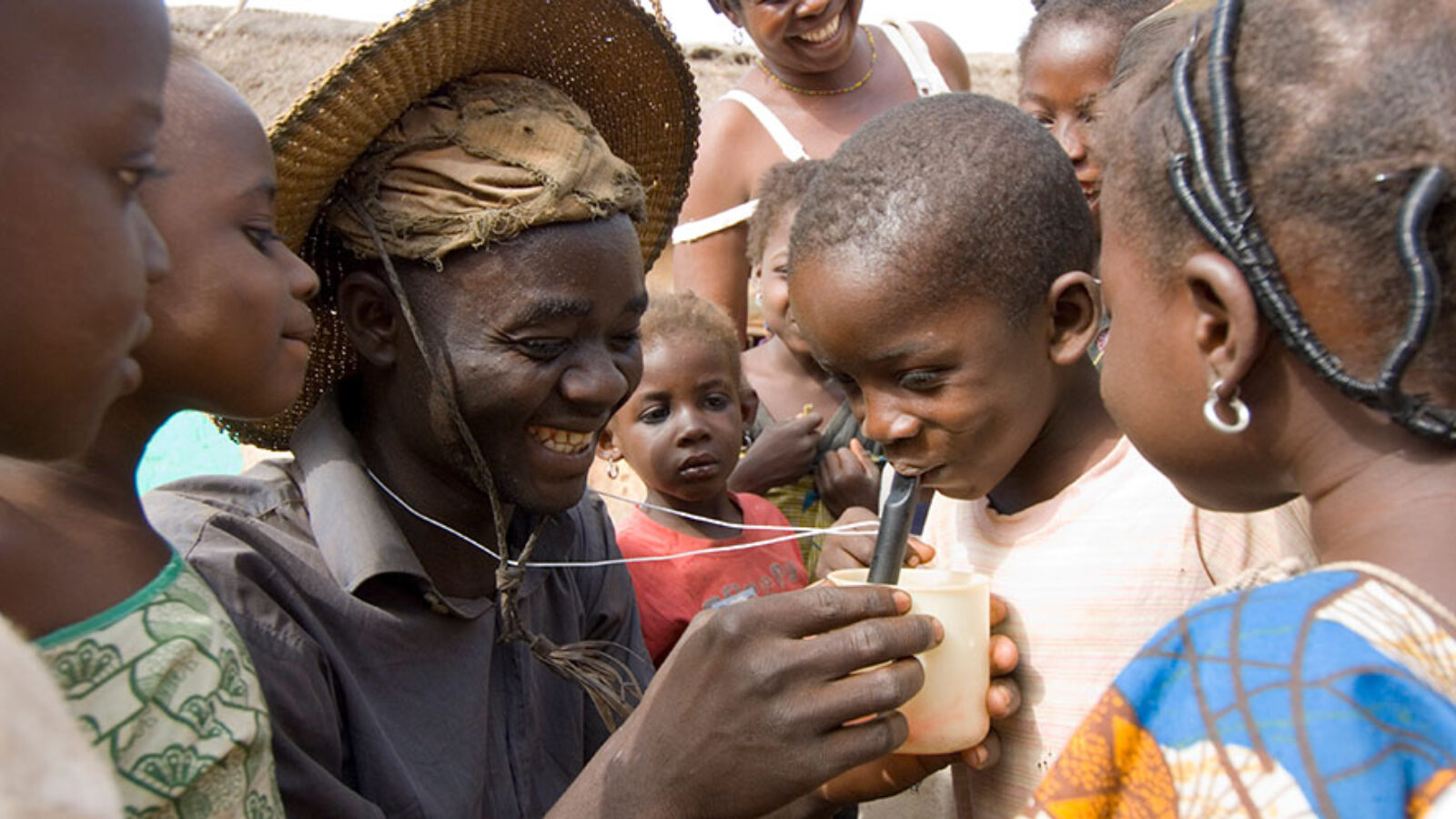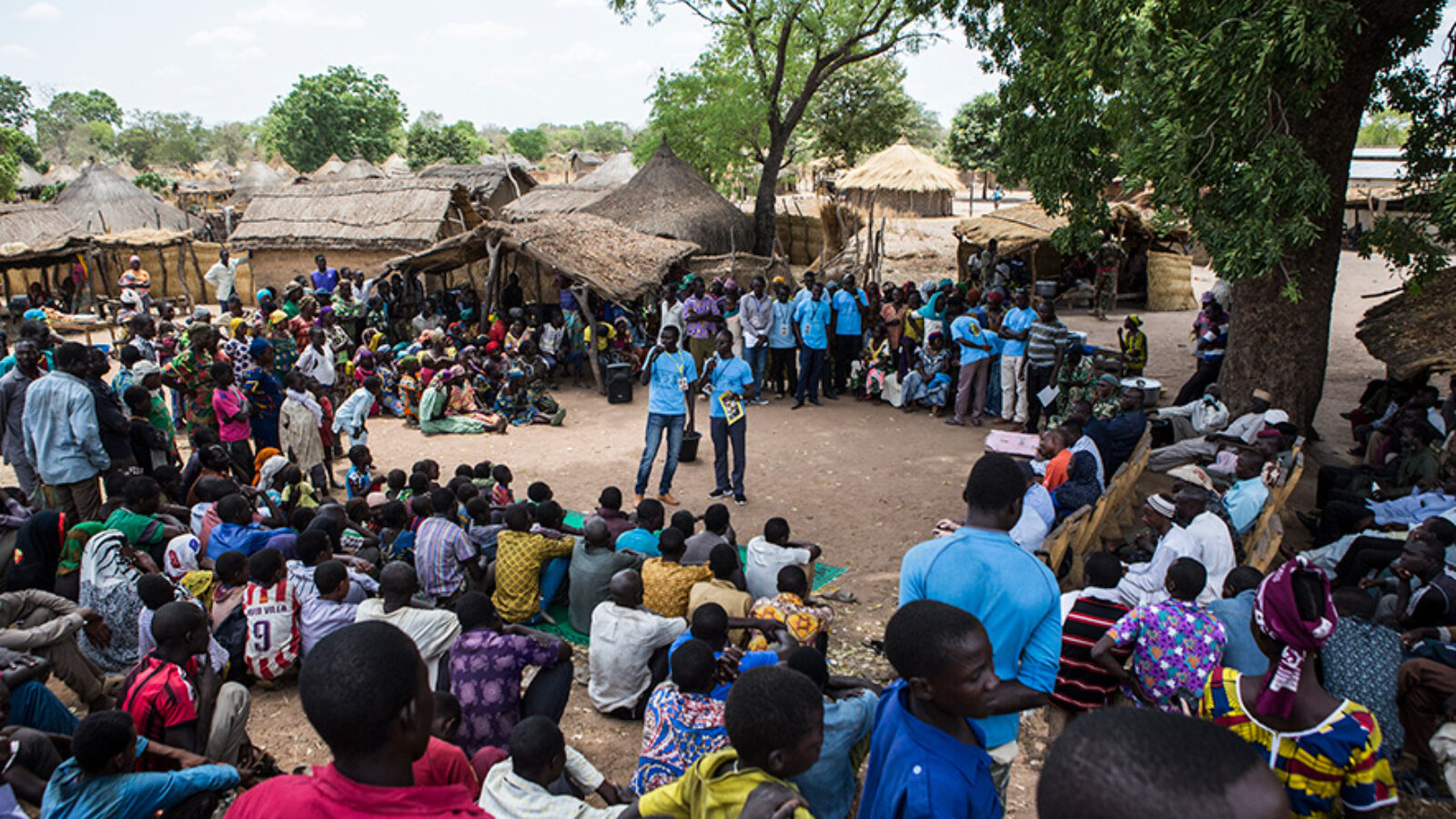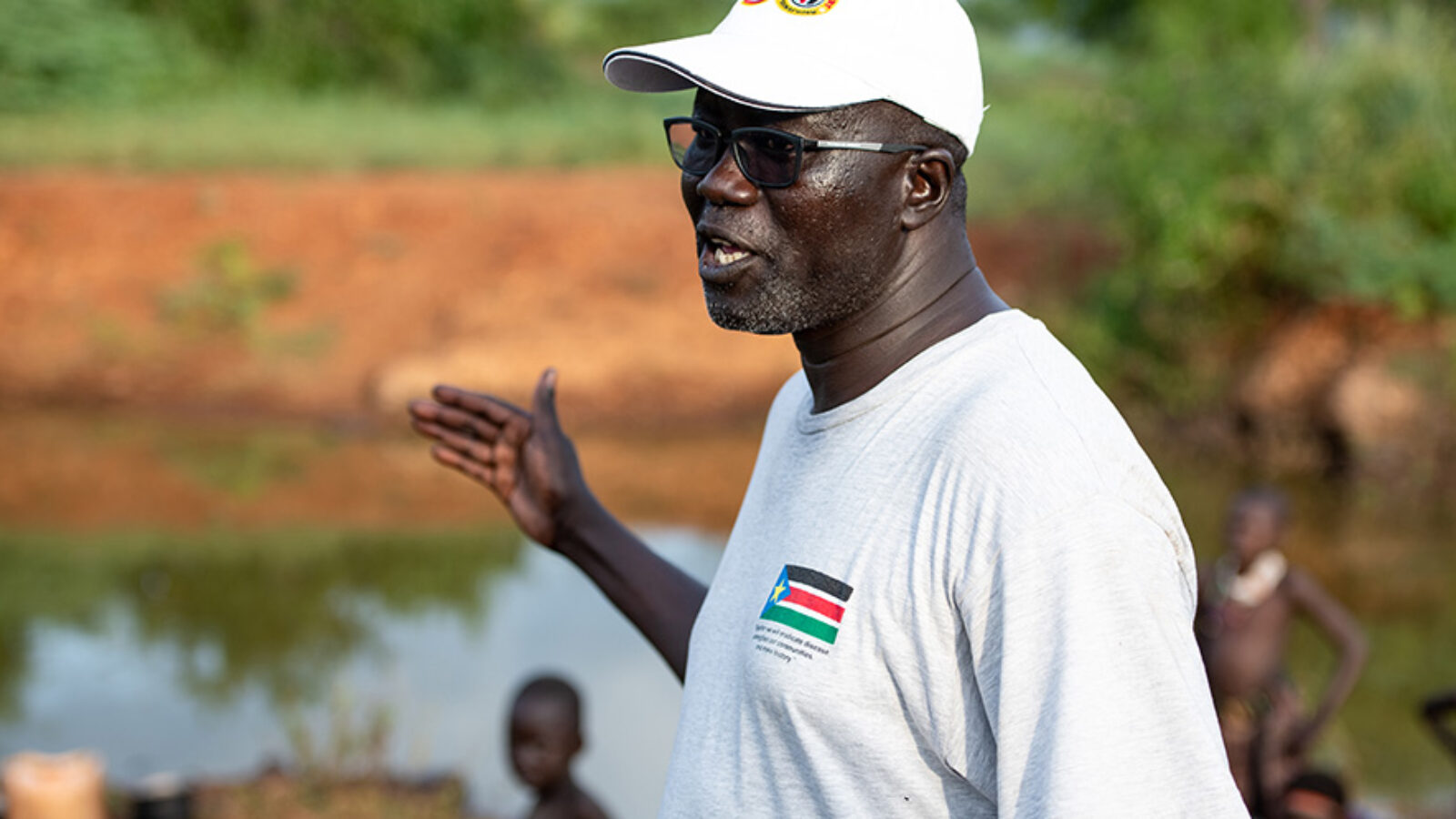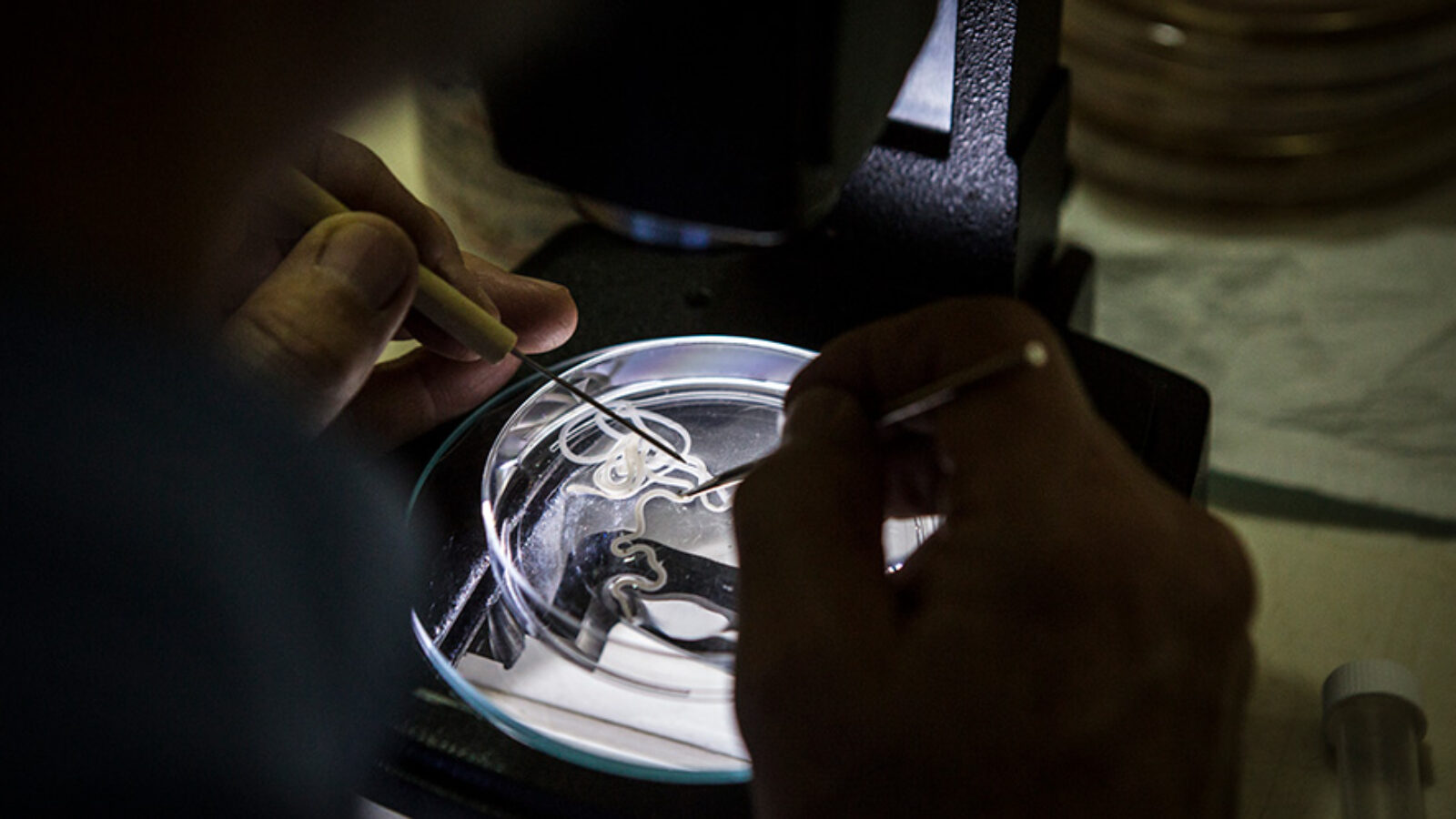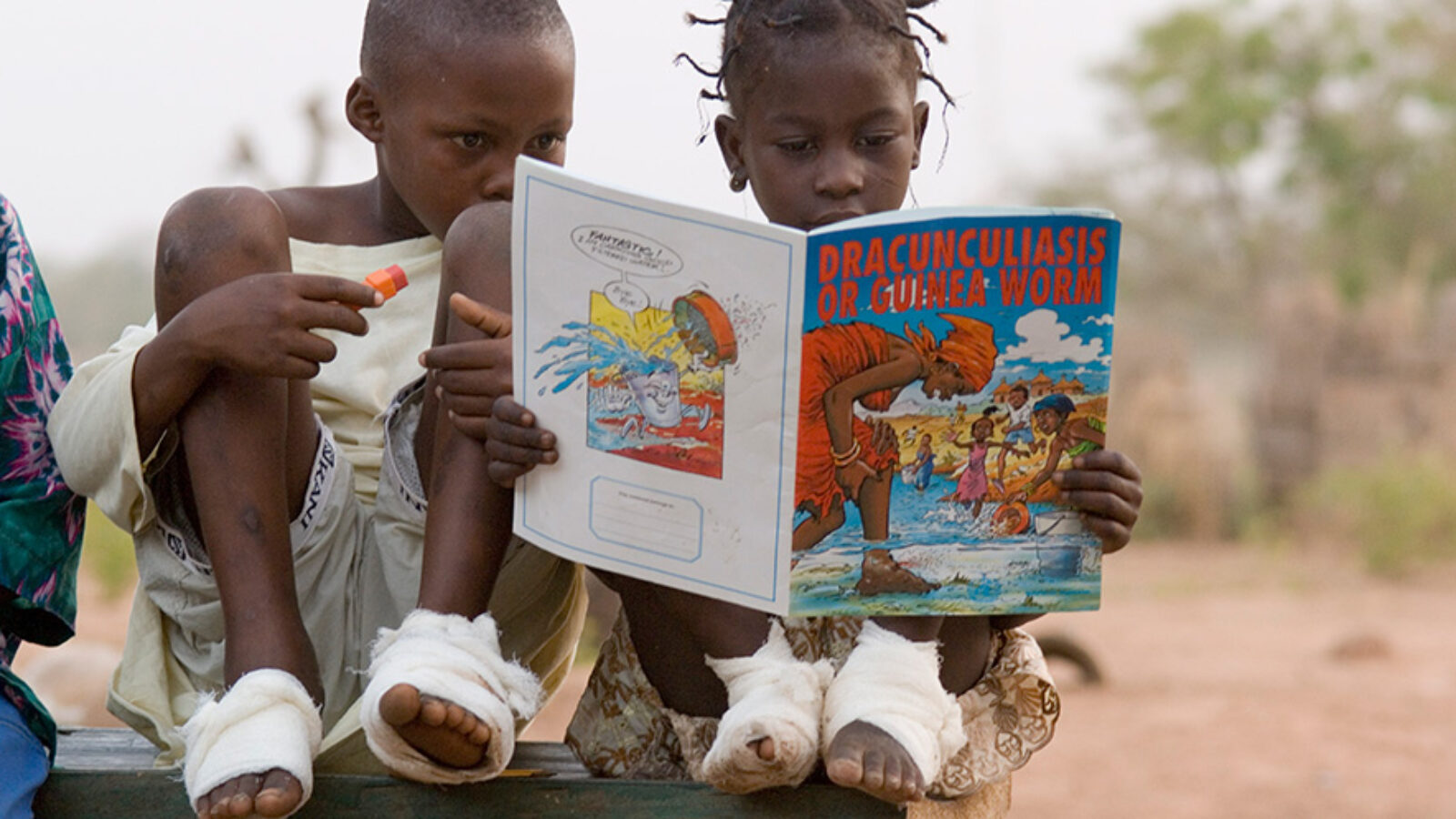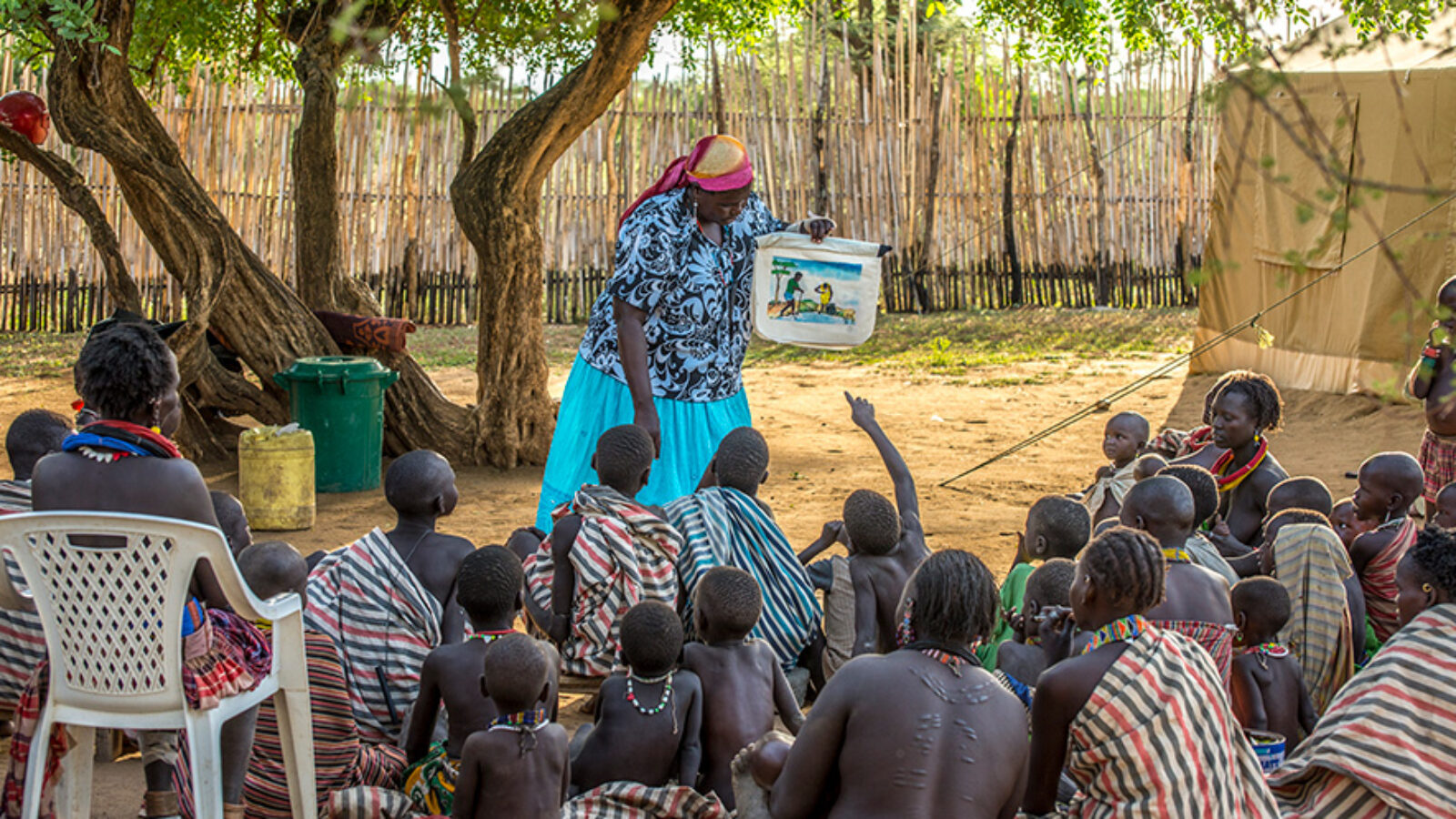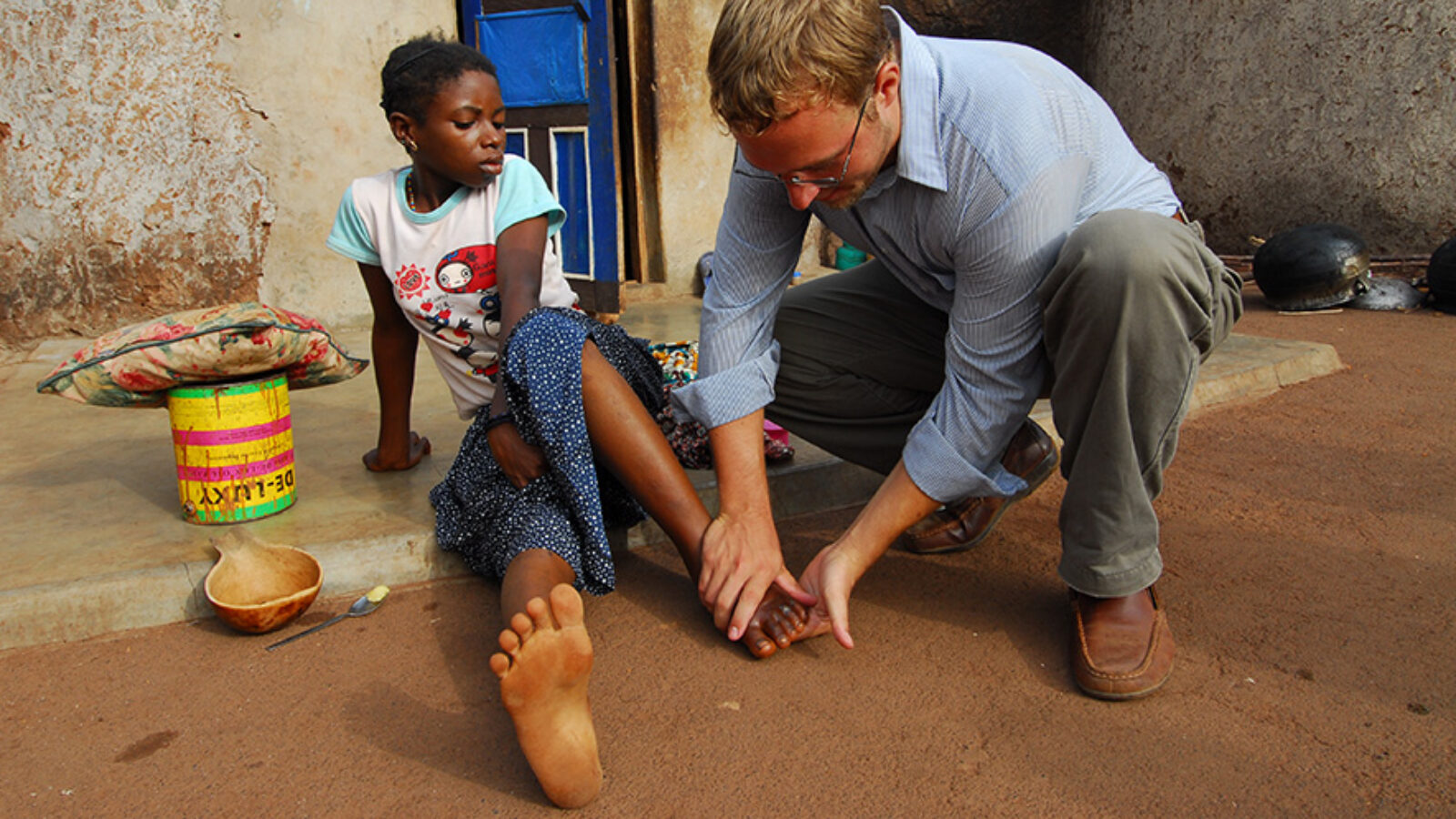Center-led Guinea Worm Eradication Program Wins Prestigious Prize from Government of Japan
Adam Weiss, director of the Carter Center Guinea Worm Eradication Program, accepts the Hideyo Noguchi Africa Prize for Medical Services from the government of Japan during a ceremony in Tunisia on Sunday, Aug. 28.
ATLANTA — The Guinea Worm Eradication Program, led by The Carter Center, has been chosen to receive the Fourth Hideyo Noguchi Africa Prize in the medical services category, the government of Japan announced Wednesday in Tokyo. The prize recognizes the program’s efforts to make Guinea worm disease the first human disease to be eradicated since smallpox in 1980.
“We at The Carter Center are very grateful for this prestigious award from such an important partner,” said Adam Weiss, director of the Guinea Worm Eradication Program. “The Hideyo Noguchi Africa Prize signifies the government of Japan’s high level of interest and involvement in the health and welfare of the people of Africa. We appreciate the support we consistently receive from Consul-General Kazuyuki Takeuchi here in Atlanta.”
The Hideyo Noguchi Africa Prize comprises a citation and a medal for each laureate and an honorarium of 100 million yen (more than 750,000 U.S. dollars at today’s exchange rate). A nominating committee identifies a list of finalists for the prizes, and the prime minister of Japan makes the final decision.
The government of Japan has supported the Carter Center and its partners in the Guinea worm eradication effort since 1989. When The Carter Center assumed leadership of the global Guinea Worm Eradication Program in 1986, an estimated 3.5 million cases occurred annually, mostly in Africa. In 2021, there were just 15 cases. As of the end of June, just two cases had been provisionally reported in 2022.
###
Contact: In Atlanta, Emily Staub, emily.staub@cartercenter.org
In Atlanta, Consulate-General of Japan, info@aa.mofa.go.jp
The Carter Center
Waging Peace. Fighting Disease. Building Hope.
A not-for-profit, nongovernmental organization, The Carter Center has helped to improve life for people in over 80 countries by resolving conflicts; advancing democracy, human rights, and economic opportunity; preventing diseases; and improving mental health care. The Carter Center was founded in 1982 by former U.S. President Jimmy Carter and former First Lady Rosalynn Carter, in partnership with Emory University, to advance peace and health worldwide.
Global Impact Starts with You
Your support sustains the Carter Center's mission of waging peace, fighting disease, and building hope around the world.


